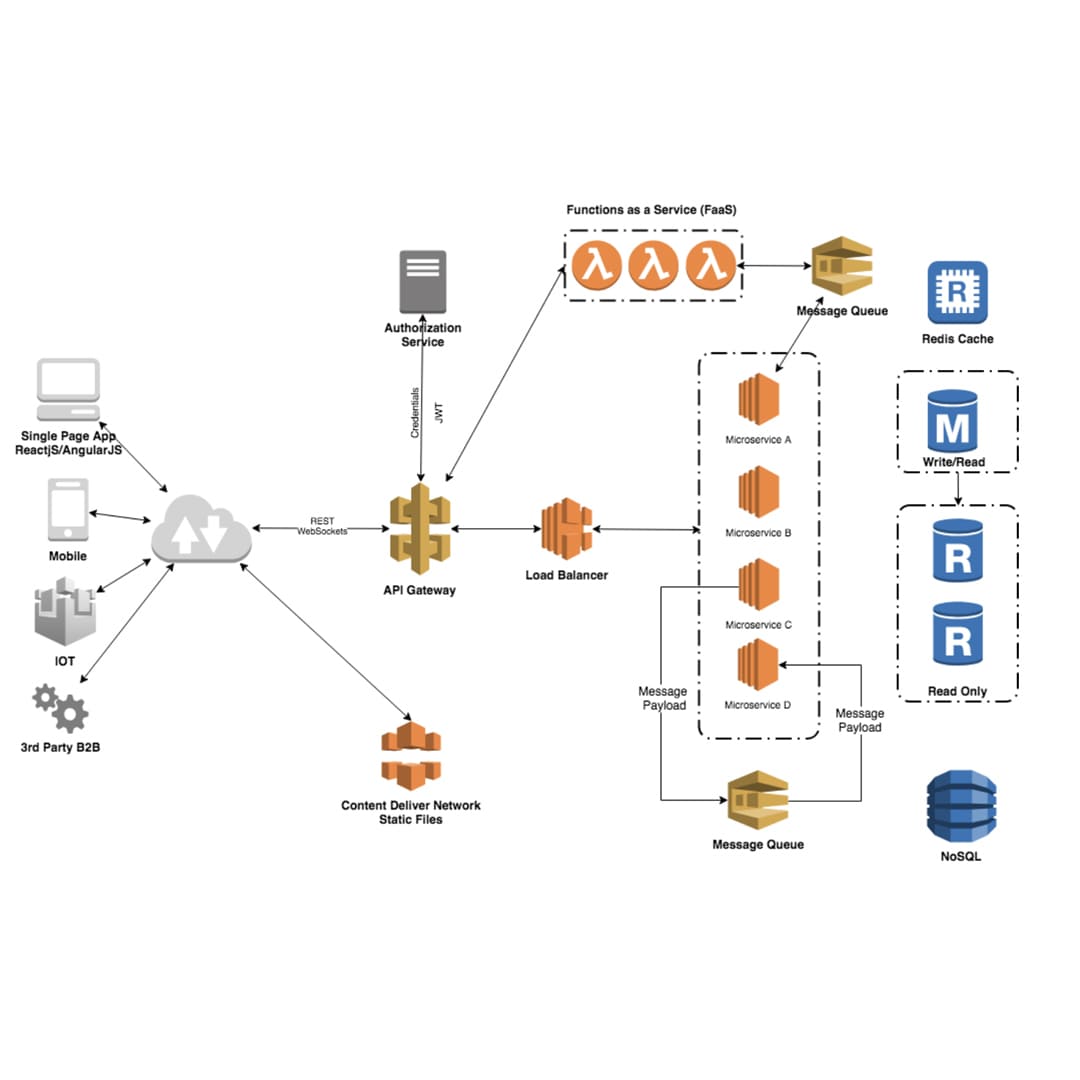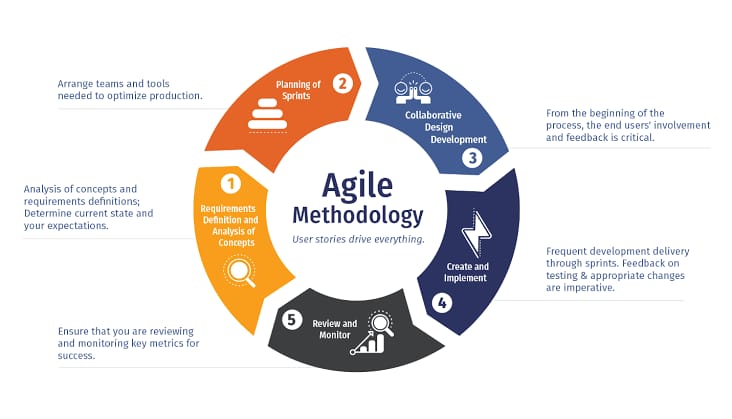Evolving Search Engine Algorithms

In the ever-expanding digital world, the internet has become a necessary part of our lives. With an estimated 5 billion quests conducted daily, search machines have come the gateway to a cornucopia of information. Behind every successful hunt is a sophisticated algorithm that sorts and ranks billions of web runners to deliver the most applicable results to druggies. These algorithms are constantly evolving to keep pace with the changing geography of the internet and stoner geste. In this blog, we will explore the fascinating trip of hunting machine algorithms, their elaboration over time, and the factors that have told their development.
Early Days of Search Engines first emerged in the early 1990s, with pioneers like Archie, Gopher, and Yahoo. These primitive systems used basic keyword matching to retrieve web pages. Users would enter a query, and the search engine would return a list of pages containing the exact keyword.
Birth of Google and PageRank
In 1998, Google burst onto the scene and revolutionized the way hunt machines worked. Co-founders Larry Page and Sergey Brin introduced a groundbreaking algorithm known as PageRank, named after Larry Page. Rather than relying solely on keyword matching, PageRank anatomized the link structure of the web to determine a runner's significance and authority. Pages with more incoming links from reputable sources were considered more valuable and ranked higher in search results.
The Rise of Content Relevance
As the internet expanded, so did the need for further sophisticated algorithms. Search machines began to concentrate on content applicability, taking into account factors like keyword viscosity, meta markers, and runner titles. This marked the transition from simple keyword matching to more advanced on-page optimization.
Battling Spam with Updates
As search engines grew in popularity, unscrupulous webmasters sought to manipulate rankings through spammy techniques. To combat this, search engines like Google introduced updates to their algorithms, such as Google Panda and Google Penguin. These updates penalized low-quality content and websites engaging in manipulative practices, promoting a cleaner search environment.
The Age of User Intent
Understanding user intent became a pivotal aspect of search algorithms. Instead of just focusing on keywords, search engines sought to comprehend the context behind a search query. Natural Language Processing (NLP) and machine learning played crucial roles in deciphering user intent and delivering more accurate results.
Mobile-Friendly and Page Speed
With the rapid increase in mobile usage, search engines started prioritizing mobile-friendly websites. In 2015, Google's Mobile geddon update began rewarding mobile-responsive sites with better rankings for mobile searches. Additionally, page speed became a ranking factor, encouraging websites to optimize loading times for improved user experience.
Personalization local search
As the internet evolved, so did user expectations. Search engines began to personalise results based on factors like location, search history, and user Behavior. This Personalization aimed to provide users with more relevant and tailored information.
Voice Search and Virtual Assistants
With the rise of virtual assistants like Siri, Alexa, and Google Assistant, voice search emerged as a significant trend. Search engines adapted by understanding natural language queries and delivering concise, voice-friendly answers.
The Role of artificial-intelligence
The advent of artificial intelligence (AI) significantly impacted search engine algorithms. Machine learning algorithms and neural networks enabled search engines to continuously learn and adapt to user Behavior. AI-driven algorithms can now interpret complex search queries, deliver more relevant results, and even anticipate user needs.
E-A-T: Expertise, Authoritativeness, Trustworthiness
In recent years, Google introduced the E-A-T concept, emphasizing the importance of expertise, authoritativeness, and trustworthiness for ranking purposes. Websites with high-quality content from estimable sources gained further elevation, while dubious or unverified content was pushed down.
The journey of hunting machine algorithms has been a fascinating one, from the early days of simple keyword matching to the complex, AI-driven systems we've now. The constant elaboration of these algorithms is driven by the hunt machines' charge to give druggies the most stylish possible experience and the most applicable information.
As technology continues to advance, we can anticipate machine algorithms to come indeed more sophisticated, feeding to the changing requirements and actions of internet druggies. Keeping up with these developments is pivotal for businesses and website possessors, as understanding hunt machine algorithms is the key to optimizing their online presence and reaching their target followership effectively.
In conclusion, the ever-evolving nature of hunt machine algorithms has been a driving force behind the constantly changing geography of the digital world. As internet drugs, preferences, and requirements evolve, search machines must acclimatize to give the most applicable and accurate results. The trip from simple keyword-grounded algorithms to sophisticated machine literacy models has revolutionized how we pierce information online.
Search Machines have come a long way since their commencement, from the introductory keyword-matching algorithms of history to the complex, AI-driven algorithms of the moment. These advancements have significantly bettered the stoner experience, enabling us to find the information we seek more efficiently. As hunt machines continue to evolve, some crucial trends are likely to shape their future.
Personalisation will play an increasingly vital role, tailoring search results to individual preferences and interests. Additionally, voice search and natural language processing will gain prominence as technology advances, further enhancing the way we interact with search engines.
However, with greater sophistication comes challenges. The issue of bias in search results and the need for transparency in algorithm updates will require ongoing attention and careful consideration from search engine providers. Striking a balance between personalized results and ensuring a diverse range of perspectives will be crucial in maintaining the credibility and trustworthiness of search engines.
Webmasters and content creators will need to stay vigilant about keeping up with algorithm changes to maintain their online visibility. While SEO strategies have shifted from fastening solely on keyword filling to creating precious, stoner-centric content, the future may hold indeed more significant shifts in how we optimize our online presence. Eventually, the elaboration of hunt machine algorithms is a nonstop trip, with advancements driven by stoner geste, technological invention, and the pursuit of better stoner gests.
As internet druggies, we're bound to witness further advancements and instigative developments in the realm of hunt machines, making the virtual world an ever more accessible instructional space. By embracing these changes and conforming our strategies consequently, we can work the power of evolving hunt machine algorithms to enhance our online guests and make the utmost of the vast knowledge available at our fingertips.
Recent Stories
500k Customer Have
Build a stunning site today.
We help our clients succeed by creating brand identities.
Get a Quote





















































































































